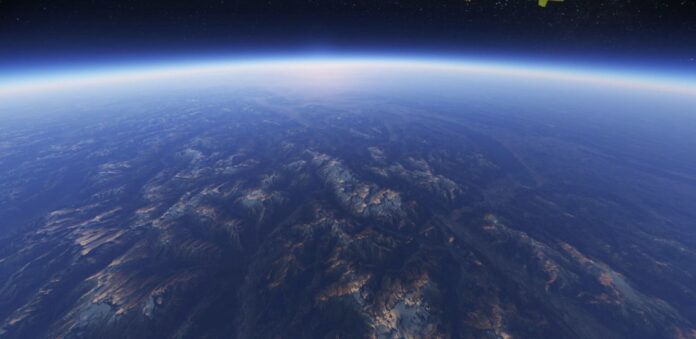A new research conducted by the Juno Probe reveals new prospects for the study of Jupiter's satellite. Scientists believe that the Jupiter system can serve as a kind of miniature copy of the solar system. Under the ice surface of the great companions of Jupiter can be hidden oceans, where there may be an alien biological life.
According to scientists, oxygen in Europe is formed during the bombing of its surface by charged particles from Jupiter. The satellite is in the center of the radiation zones of the gas giant, where radiation splits the water molecules into hydrogen and oxygen. The data collected by the Jovian Auroral Distributions Experiment (Jade) on board Yunon's probe indicate oxygen production of 12 kg per second. This is enough to ensure oxygen breathing a million people during a day.
Scientists note that the analysis of this data provides new ideas about the complex interaction of Europe with the environment. The Junon's mission allowed to directly measure the composition of charged particles, which stand out from the atmosphere of Europe.
Such studies are of particular importance to future space missions for Saturn and Jupiter's satellites. Robotic systems will explore icy worlds with aquatic oceans under their surface and look for traces of extraterrestrial life. For this purpose, scientists plan to use cryobots that can penetrate the ice surface of the satellites and start probes for the study of liquid oceans.


